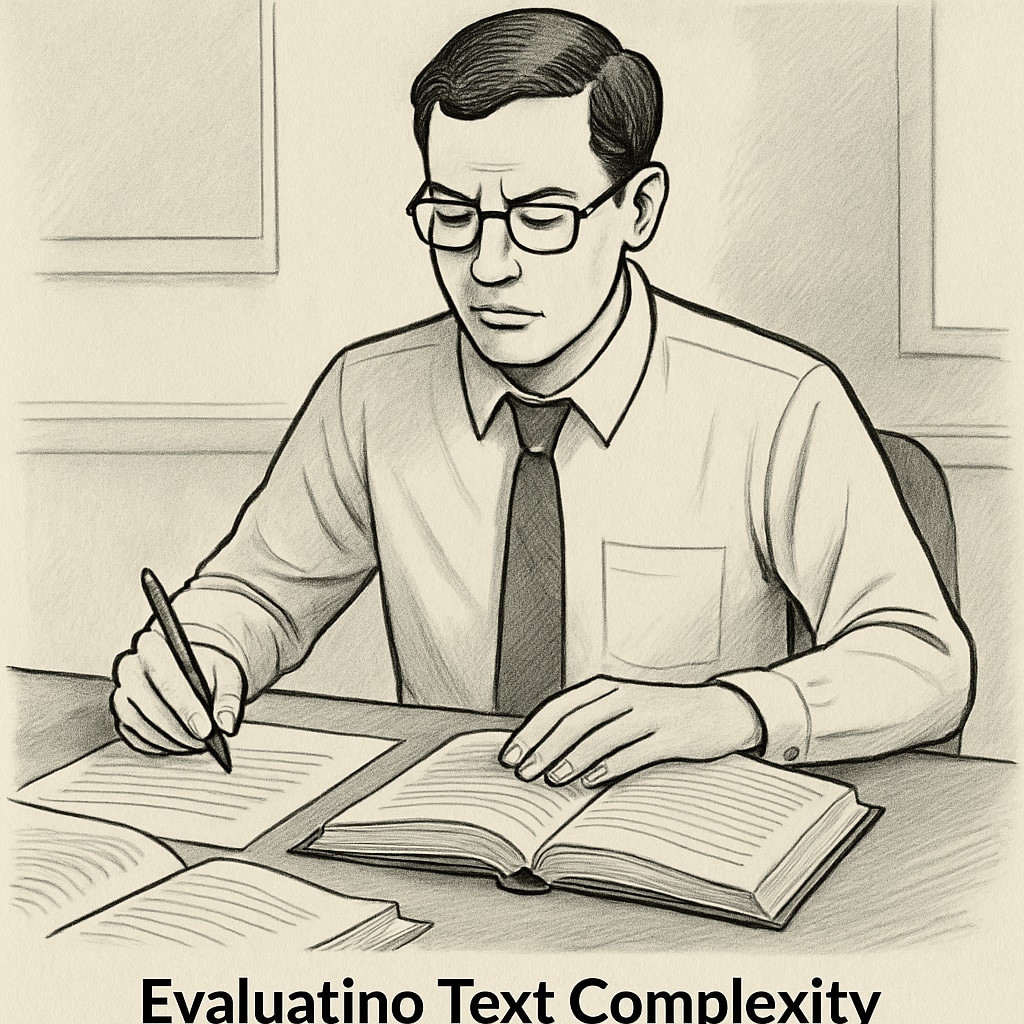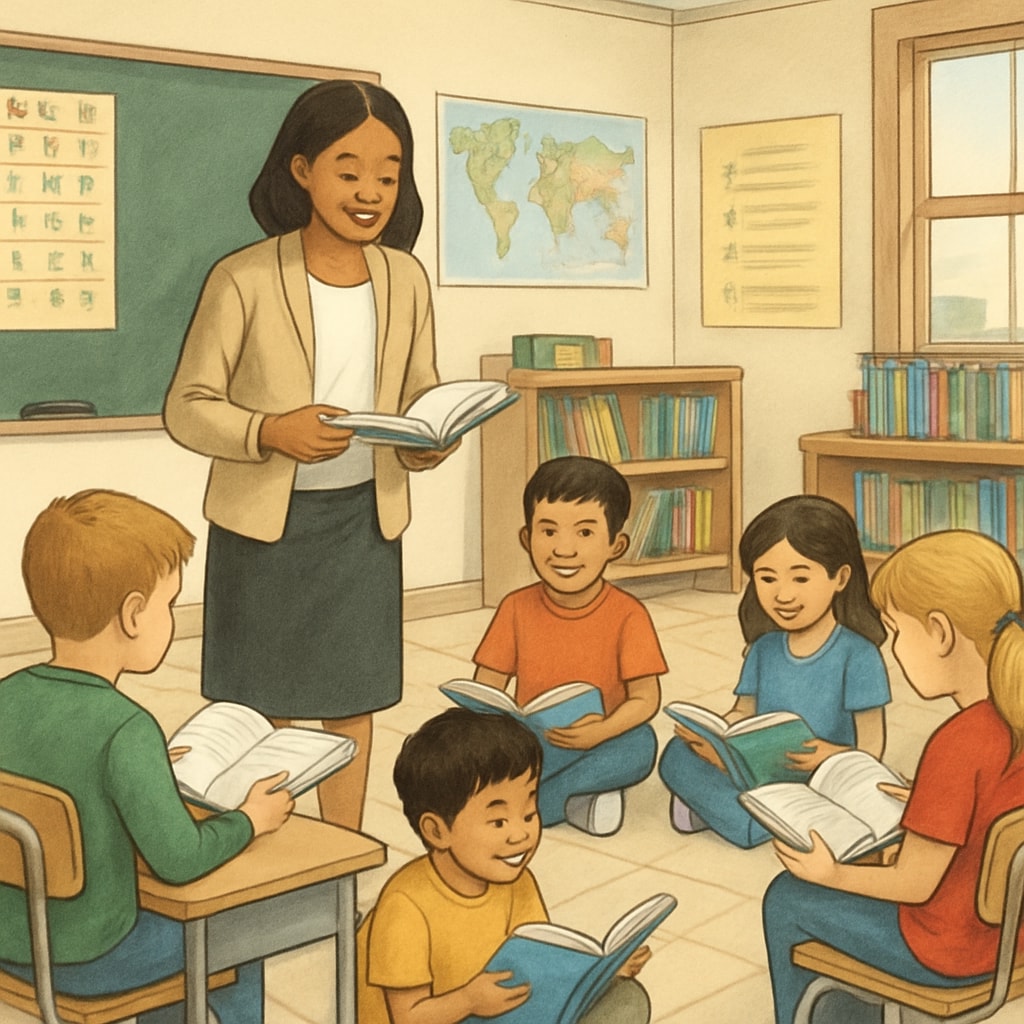Reading comprehension, teacher volunteers, and text complexity are critical areas of focus in contemporary education. With the evolving demands of K12 curricula, ensuring that students receive appropriate and engaging reading materials has never been more important. To achieve this, the insights and expertise of teachers—those who work directly with students—are invaluable. This article invites elementary and middle school teachers to join a groundbreaking research initiative aimed at enhancing the alignment of reading materials with student needs.
The Role of Teachers in Text Complexity Research
Teachers possess unique insights into the reading abilities and challenges of their students. Their day-to-day experiences allow them to identify the subtle nuances of how children interact with texts of varying complexity. This expertise makes teachers ideal contributors to research efforts focused on improving reading comprehension and text complexity evaluation.
By participating in this initiative, teachers will engage in a simple 30-minute evaluation activity. This task involves reviewing sample texts and providing feedback on their perceived complexity and appropriateness for specific grade levels. The data collected will play a key role in refining educational resources and creating more accurate assessment standards for K12 education.

Why Text Complexity Matters
Text complexity refers to the level of difficulty in reading and understanding a piece of writing. It affects how students engage with the material and whether they can derive meaning from it. Properly calibrated text complexity ensures that students are neither overwhelmed by overly challenging texts nor disengaged by those that are too simplistic.
For example, the Common Core State Standards emphasize the importance of exposing students to texts of appropriate complexity to build their reading stamina and comprehension skills. However, achieving this alignment requires input from professionals who understand the developmental and cognitive stages of young readers—teachers.

How Teachers Can Contribute
Joining this research initiative is straightforward and impactful. Here are the steps:
- Sign Up: Register as a volunteer through the designated platform.
- Complete the Activity: Dedicate 30 minutes to evaluate sample texts based on their complexity and suitability.
- Share Your Expertise: Provide detailed feedback on how the texts align with the needs of your students.
In addition to shaping educational resources, participating teachers will gain access to preliminary findings and insights from the research. This knowledge can further enhance their instructional strategies and classroom practices.
Building the Future of K12 Education
As a result of this collaborative effort, schools will benefit from a more precise and effective system for matching students with reading materials. This initiative also underscores the value of teacher input in shaping educational policies and practices. By contributing their expertise, teachers are not only enhancing the learning experience for their students but also driving innovation in literacy education.
In conclusion, the success of reading comprehension and text complexity research depends on the active involvement of educators. Teachers are the cornerstone of K12 education, and their participation in this initiative will have a lasting impact on the quality of learning resources for years to come. If you’re an elementary or middle school teacher, consider joining this effort today. Together, we can ensure that every student has the tools they need to thrive in their academic journey.
For more information on text complexity, visit:
Text Complexity on Wikipedia
and
The Reading Process on Britannica.


